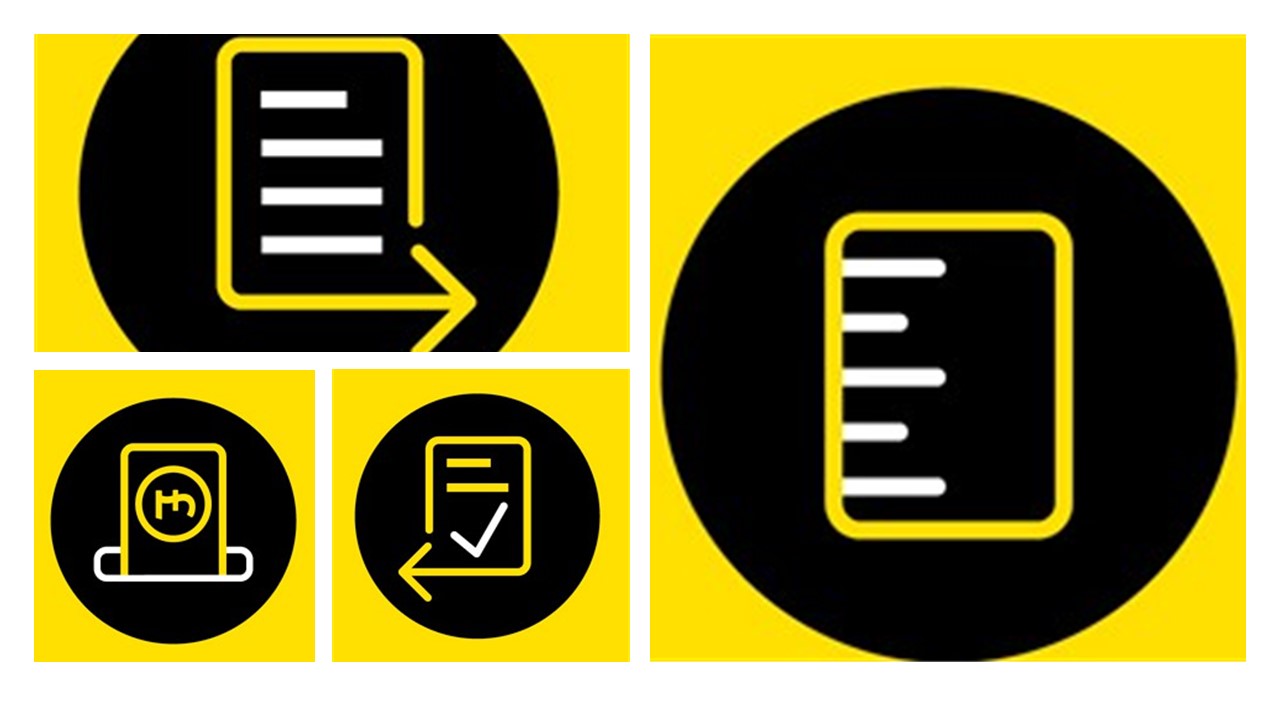
In LET’s 2018 annual report I reflected on the challenge that the London Emergencies Trust (LET) faced in distributing charitable gifts donated largely by members of the public to those caught up in the four terrorist attacks in London in 2017 and the fire at Grenfell Tower which claimed 72 lives. In 2018, one other incident took place, as LET responded to the incident on Millbank which injured three people. Sadly, towards the end of 2019 LET had to activate again following the terror attack at Fishmonger’s Hall to distribute charitable funds to the next of kin of the two people who were killed and three who were injured. Then in early February 2020 the attack in Streatham High Road took place in which three people were injured.
LET’s other principal activity in 2019 was working with our legal advisers on the detailed work needed to put the trusts in place for four young people, the next of kin of some of those who so tragically died in the fire at Grenfell Tower. I am pleased to say that this culminated in the transfer of funds into the trusts in the first half of 2020 coupled with arrangements with Wrigley’s Solicitors acting as the professional Trustee for all the trusts.
Partnerships
The cornerstones of LET’s work remain the partnerships established in 2017, building on the relationships first made after the 7 July 2005 London bombings by LET’s predecessor, the London Bombings Relief Charitable Fund. These helped raise and deliver the funds, principally through the British Red Cross (BRC) and its donors as our principal fundraiser, as well as those Trusts and Foundations and the Mayor of London who made generous grants to support our operating costs.
Our work with families and friends of those who lost their lives and those who survived all the terror attacks was supported by the Family Liaison Officers and other serving Metropolitan Police officers as well as local authorities leading the humanitarian responses, particularly in Westminster, Southwark and The City of London Corporation.
Strong bonds
In the response to the Grenfell fire, strong bonds were established with other funders, notably the Kensington and Chelsea Foundation and the Rugby Portobello Trust and the Charity Commission for England and Wales whose role as Regulator so helpfully came to the fore in pulling together information about funds raised and distributed to ensure public clarity and accountability. LET also had regular contact with colleagues at the we Love Manchester Emergency Fund (WLMEF) doing the same work after the Manchester Arena attack.
All these important working experiences and relationships helped the creation of the new National Emergencies Trust (NET), set up in April 2019 and launched formally in November 2019. NET supported LET in its responses to the 2019 and 2020 terror attacks and had to launch itself in the unprecedented emergency response to the Coronavirus pandemic in March 2020.
Learning
As reported last year, LET had also devoted time and resource to learning from its work, so that others doing the same or similar in future could learn from our experience, the things that worked as well as where we could have got our response better. I hope that this experience with other colleagues involved in humanitarian and emergency work in the charity sector continues to be important underpinning to the way in which we respond to local and national emergencies. This is being put to the test in 2020 and NET’s own learning and experience will in turn help LET and others with their own approaches.
Gerald Oppenheim
Chair of the LET Trustees
Download a copy of LET's Annual Report and Accounts for the year ending December 2019 here
